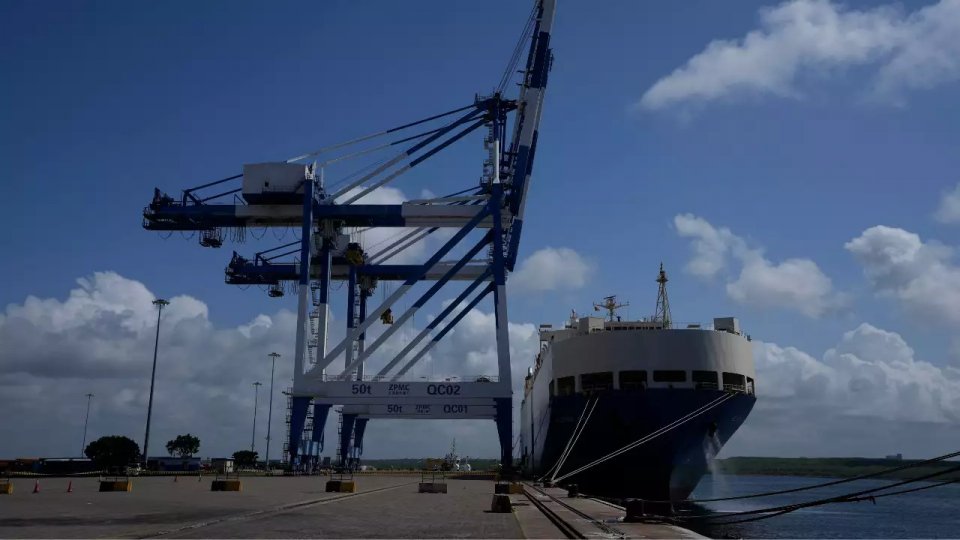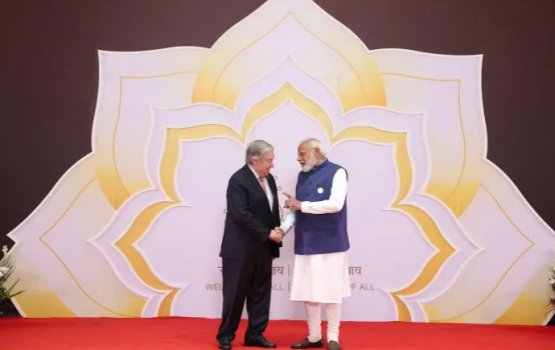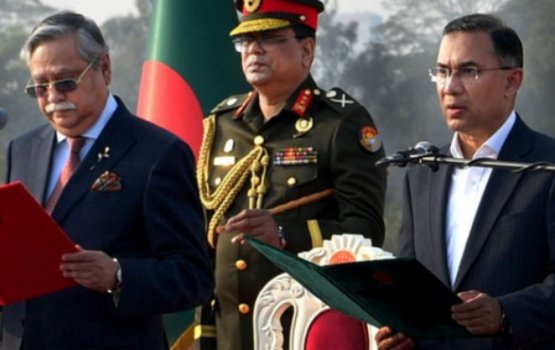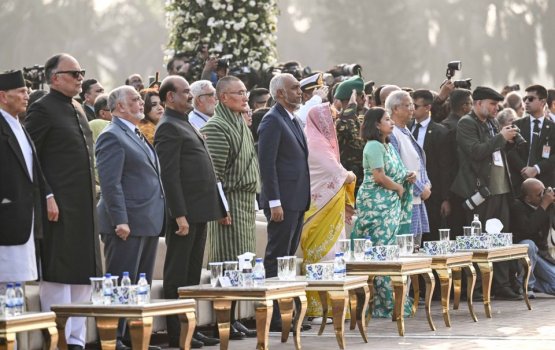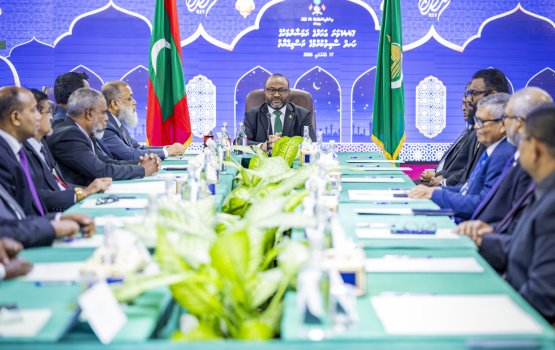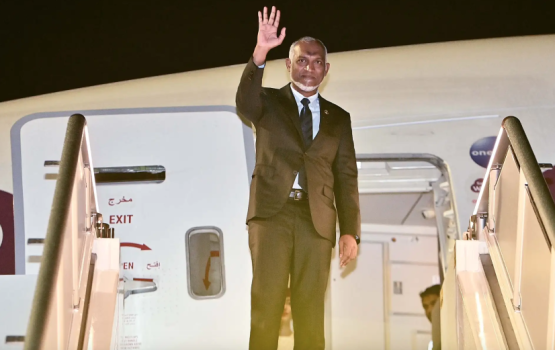Sri Lanka formally began discussions with its key creditors last week to restructure the island nation's debt. China, Sri Lanka's largest bilateral lender and a key contributor to the country's dire economic problems, did not attend the conference. This is considered as a symptom of China's reluctance not just to help the suffering impoverished nations it has imprisoned in debt, but also to accept responsibility for dragging such countries into serious trouble. Meanwhile, in Pakistan, the China Pakistan Economic Corridor (CPEC), the centerpiece project of China's divisive Belt and Road Initiative (BRI), has exacerbated major socioeconomic issues.
Despite the efforts of the Pakistani government and military establishment, both of which have profited from the CPEC at the expense of the common man, to downplay popular opposition to the perceived Chinese exploitation, opposition to the CPEC has come to the fore in a variety of ways in recent days.
Bloomberg reported on 15 April in an article titled 'China left out of Sri Lanka debt talks amid angst over delays' that finance chiefs from India, Japan, and the Paris Club of sovereign creditors held a joint briefing with the goal of injecting new momentum into Sri Lanka's debt talks, which had been caught in a standoff between China and other lenders over how best to deal with the island nation's debt problems.
The briefing was given a day after China agreed to ease some of its expectations during a roundtable called by the IMF and the World Bank to iron out broader criteria for granting debt relief to low-income nations. Those conversations are expected to continue in the next months, with substantial concerns still unsolved. Concerns over China's position in negotiations involving nations like Sri Lanka and Zambia, which are experiencing rising economic stresses due to delayed progress in addressing their debt crises, have hung over the broader talks.
Sri Lanka and its creditors have expressed a desire for China to engage in restructuring negotiations. According to Sri Lanka's junior Finance Minister, all creditors have been asked to participate in the new effort. In an interview, Sri Lanka's central bank governor, Nandalal Weerasinghe, urged for the restructuring negotiations to be completed as soon as possible. "It is in both China's and Sri Lanka's best interests to complete this process as soon as possible so that we can return to repaying our distressed obligation." "We have to make sure we do it as soon as possible," he said. However, individuals involved with the discussions say they are also eager not to let Beijing stall negotiations any longer.
Following the briefing, IMF deputy managing director Kenji Okamura stated that the participants hoped to complete Sri Lanka's debt restructuring before the first review of the country's IMF program, which is scheduled in September, in accordance with fund standards. "Sri Lanka remains in a deep debt crisis, and expeditious debt resolution is urgently required for Sri Lanka to emerge from its crisis as soon as possible," he added. We expect that all formal bilateral creditors will participate and that the discussions will go quickly." On March 20, the IMF authorized a $3 billion four-year bailout for Sri Lanka and recommended a quick settlement of debt-restructuring discussions.
Other authorities at the event also urged all creditors to attend. According to Japanese Finance Minister Shunichi Suzuki, China was invited to the meetings but has not answered about its participation. The foundation for the Sri Lanka discussions, according to Suzuki, was established by Japan, India, and France as the customary representatives of the Paris Club of creditor nations. He expressed optimism that the Sri Lanka talks will serve as a model for future negotiations with other countries. "We very much want China to participate in the talks," Suzuki told reporters. "China is a significant creditor." The discussions should be held on an equal level with conclusions made following agreements utilizing clear debt data." Bilateral debt accounts for slightly more than $14 billion of Sri Lanka's total foreign debt. (EFSAS)

